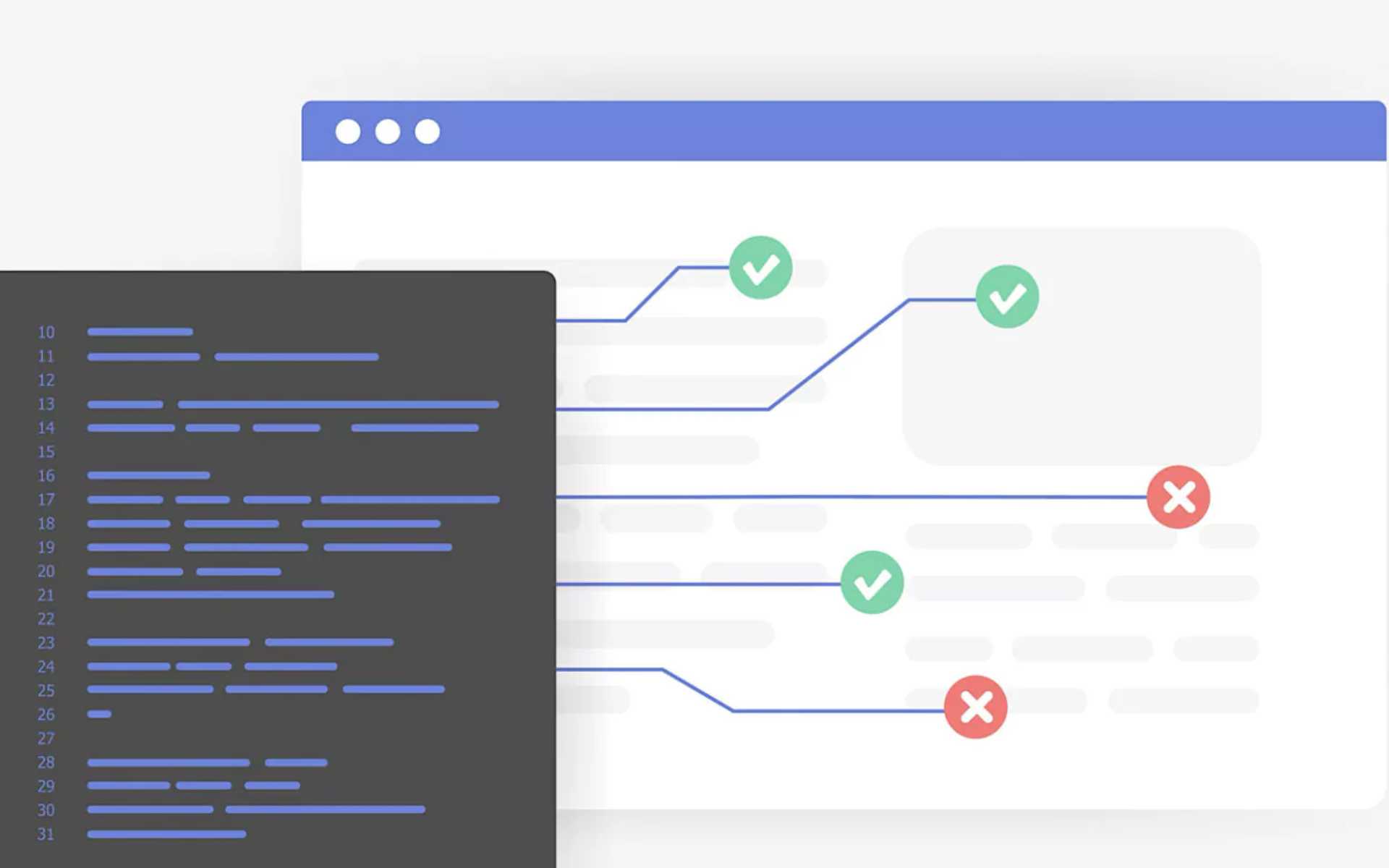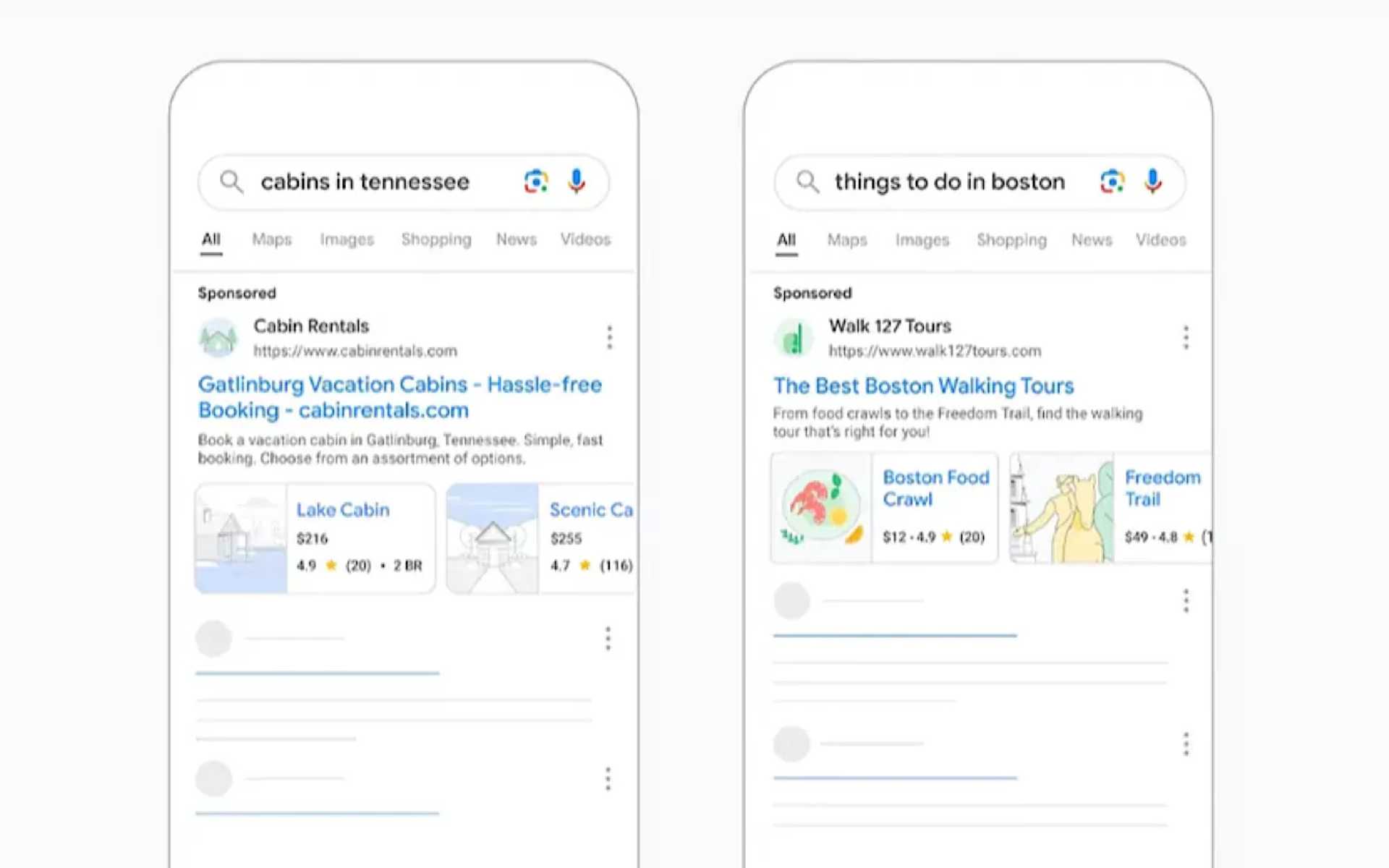Introduction
In the realm of SEO, discussions surrounding crawl budgets have been prevalent for years, with assumptions about the limited number of pages search engines can crawl daily. However, recent revelations from Google’s Search Relations team challenge these misconceptions, emphasizing the importance of high-quality, user-centric content over fixed crawl budgets.
Understanding Crawl Budgets
The concept of a crawl budget implies a predefined limit on the number of pages search engines can crawl within a website daily. This notion has led to the belief that staying within this budget is crucial for indexing pages. However, Google’s insights shed light on the dynamic nature of crawling and debunk these myths.
Prioritizing Content Quality
Google’s perspective on crawling prioritizes content quality over fixed crawl budgets, as highlighted by Gary Illyes, a member of the Search Relations team. He emphasizes the role of search demand in influencing crawling decisions, with a focus on fetching content relevant to user trends.

Insights from Google's Search Relations Team
In a recent podcast, Dave Smart, an SEO consultant, engages with Gary Illyes, seeking clarification on crawl budget misconceptions. Gary elaborates on Google’s approach to crawling, emphasizing the importance of signals from search indexing in determining crawl demand.
Understanding Search Demand
Gary’s mention of “search demand” hints at the correlation between search query trends and crawling priorities. While he doesn’t explicitly define the term, its context suggests a focus on fetching content aligned with current user interests and queries.
Focusing on Quality & User Experience
The key takeaway from Google’s insights is the paramount importance of focusing on site quality and user experience to optimize crawling. By consistently improving content quality and relevance, website owners can influence crawl demand positively.
Insights from Gary Illyes
Gary emphasizes the dynamic nature of scheduling, indicating that signals of increased content quality prompt Google to elevate crawl demand. This underscores the significance of continually enhancing page quality to attract crawling attention.
Strategies for Website Owners
To ensure efficient crawling and indexing, website owners should prioritize site quality analysis, identify areas for improvement, and deliver exceptional user experiences. By aligning content with user intent and search trends, websites can enhance their visibility without being constrained by presumed crawl limits.
Conclusion
Google’s insights dispel the myth of fixed crawl budgets, emphasizing the dynamic nature of crawling decisions driven by content quality and search demand. By focusing on delivering high-quality, user-centric content, website owners can optimize crawling efficiency and ensure their pages are discovered, crawled, and indexed by Google. Ultimately, prioritizing relevance and user experience remains paramount in the ever-evolving landscape of SEO.







